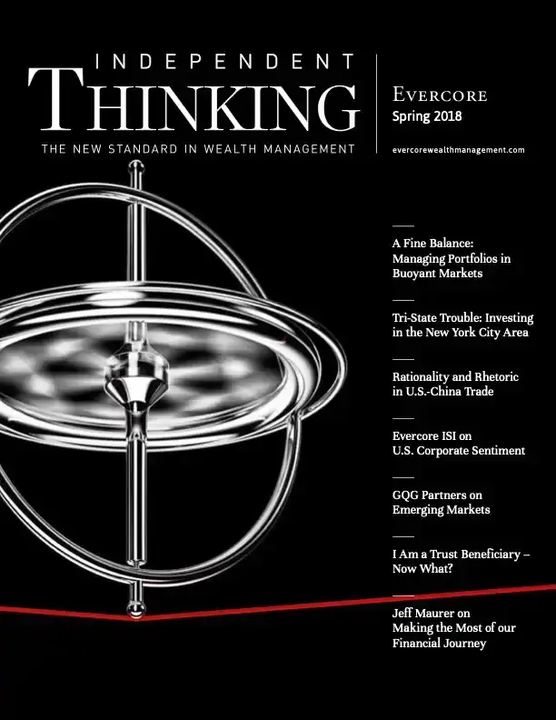The wonderful thing about growing up in one country and living in another is that you get to come “home” twice on a single visit. But managing family assets across borders can feel like more than twice the work.
Families with international connections often need to comply with the laws of both the United States and their home country, which may have significant differences in tax, legal, and accountancy principles. The result can be a complex web of legal, tax, and investment challenges. Add in a third or fourth jurisdiction, and the risk of costly mistakes multiplies exponentially. Consider the fact that while every U.S. state other than Louisiana uses a “common law” system (based on traditional English law), most European and Latin American countries apply a “civil law” system. Civil law countries are more likely to have forced heirship rules, limit flexibility of disposition, and give little legal effect to trust structures. Furthermore, even ostensibly common law jurisdictions like the United Kingdom and Canada differ significantly from the United States in how they treat traditional estate planning structures.
Americans living abroad may face even more complex challenges. Unlike citizens of just about every other country (except Hungary and Eritrea, at present), American citizens continue to be subject to U.S. income, estate, and gift tax rules, regardless of where they live or where their property is located. The United States has treaties in place with many countries, which may help to offset the effects of competing jurisdictions, but navigating the complex interplay of different systems can be treacherous.
Even relatively small distances can loom large if there’s a border in between. For example, if one spouse is a U.S. citizen and the other Canadian, chances are that, regardless of which country they live in, they hold investable assets in both, and are therefore subject to multiple (often conflicting) tax, legal, and reporting requirements. It may be difficult to find a single wealth management professional able to cover all sides of that equation.
Accordingly, any dual (or more) nationality families are best served by a team of advisors with the knowledge and confidence to review both the U.S. and international aspects of their estate plan and investment portfolio. In addition to the requisite legal, technical, and financial expertise, this team of advisors also needs the structural support necessary to satisfy all tax, compliance, and reporting requirements, including the ability to track cost basis in accordance with the tax and accounting rules of both jurisdictions.
Similarly, dual or multinational families need advisors who can continually review their charitable giving, retirement planning, and saving for their children’s education to maximize the tax benefits in each country. Remember that mainstream U.S. tax-deferral vehicles like IRAs and 529 plans may not be given the same special treatment in other countries.
Perhaps the most pressing issue for many families with a non-U.S. citizen member (particularly, a spouse) is the looming sunset of the current estate and gift tax exemptions at the end of 2025 (currently $13.61 million for 2024 and estimated to drop to around $7.5 million at the end of 2025). Under U.S. law, noncitizen spouses do not benefit from an unlimited marital deduction for gift and estate tax purposes. Similarly, the “portability” rules allowing a surviving spouse to carry over any unused exemption are not available. Therefore, it is even more important for a U.S. resident or citizen with a non-U.S. spouse to consider using the increased exemptions to make lifetime gifts to that spouse before the sunset.
Multinational families are common now, as members move to a new country but maintain their ties with the old. It’s not the simple life, that’s for sure. But with the appropriate planning, it can be a wonderful way to live, rich in perspective and opportunity, as well as challenges.
Alex Lyden is the Chief Fiduciary Officer at Evercore Trust Company, based in Wilmington, Delaware. He can be reached at [email protected].










